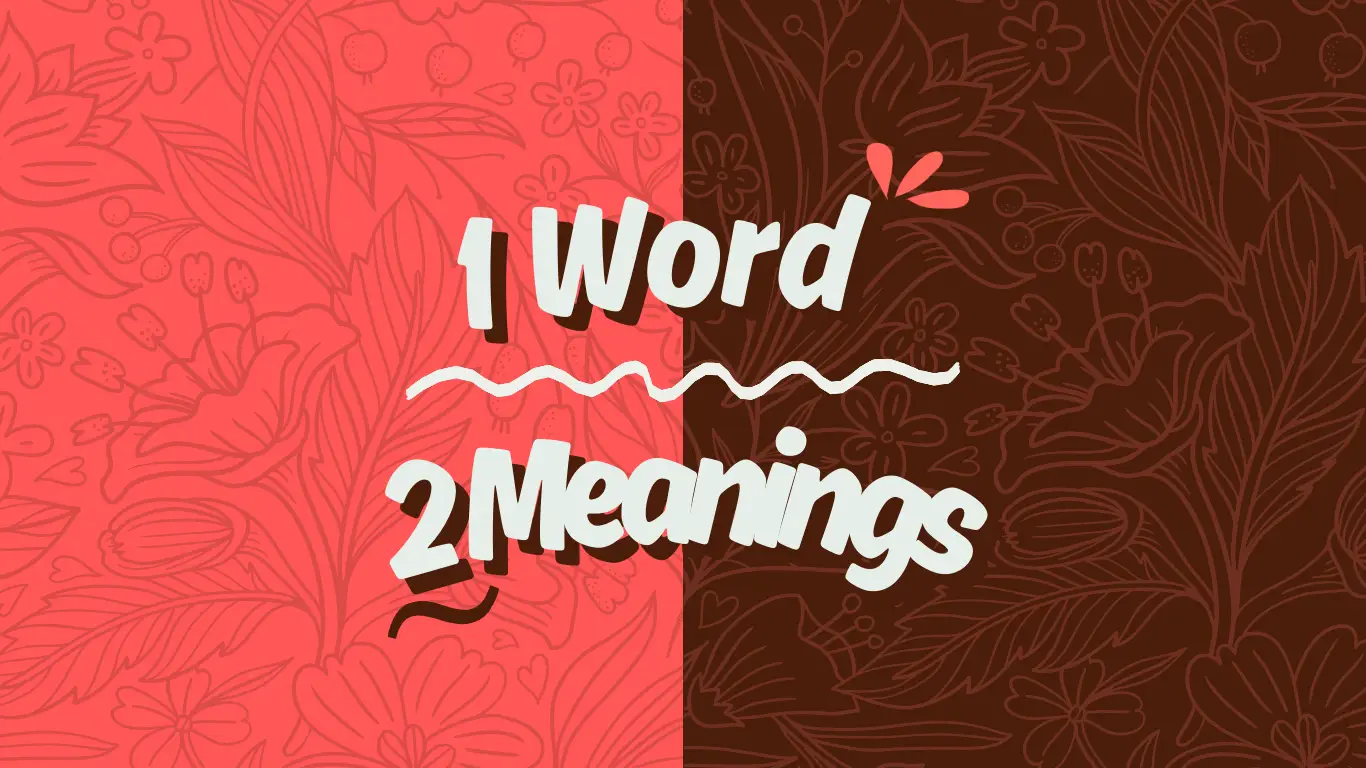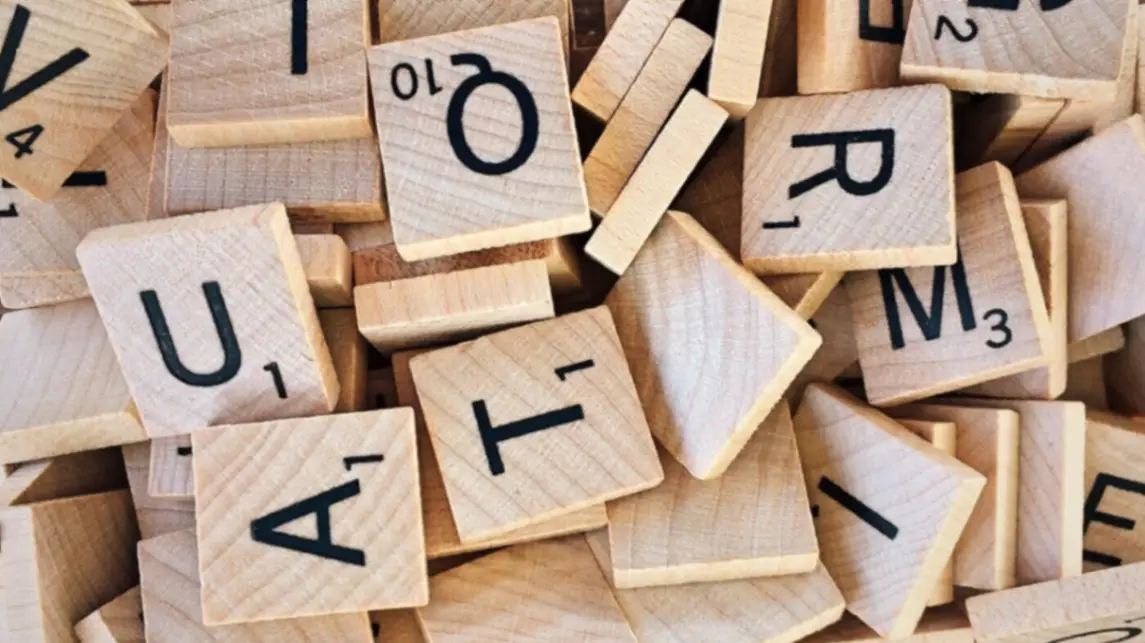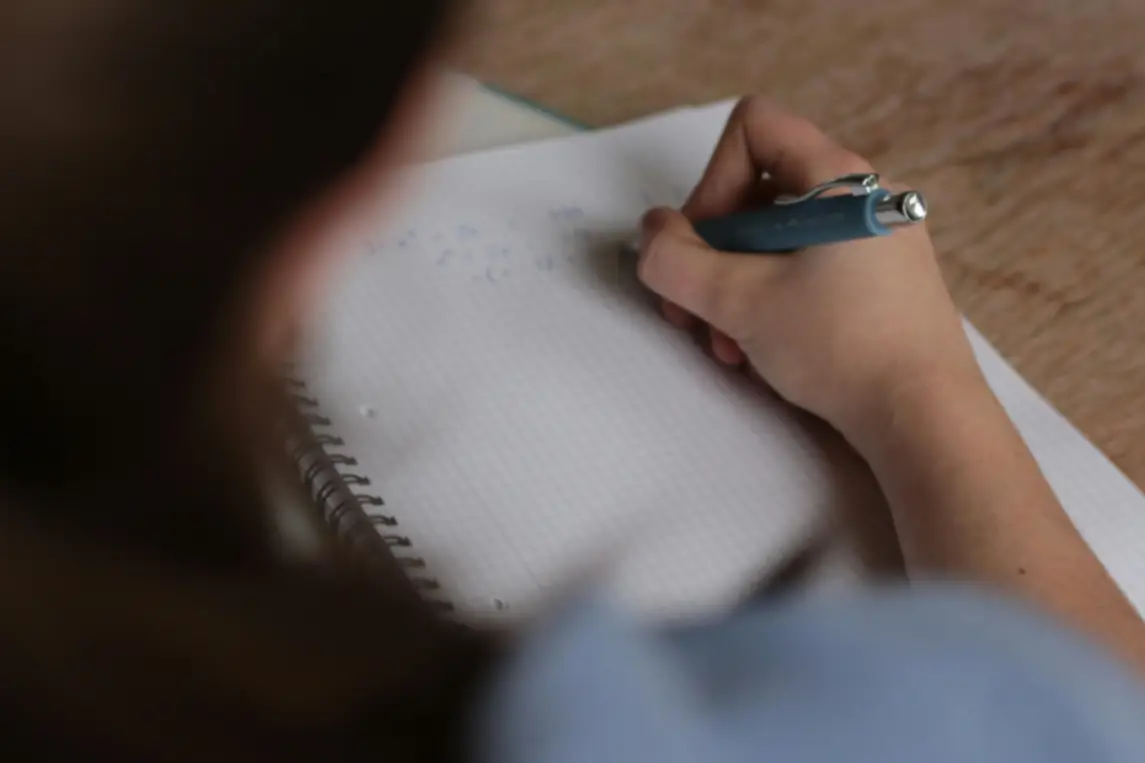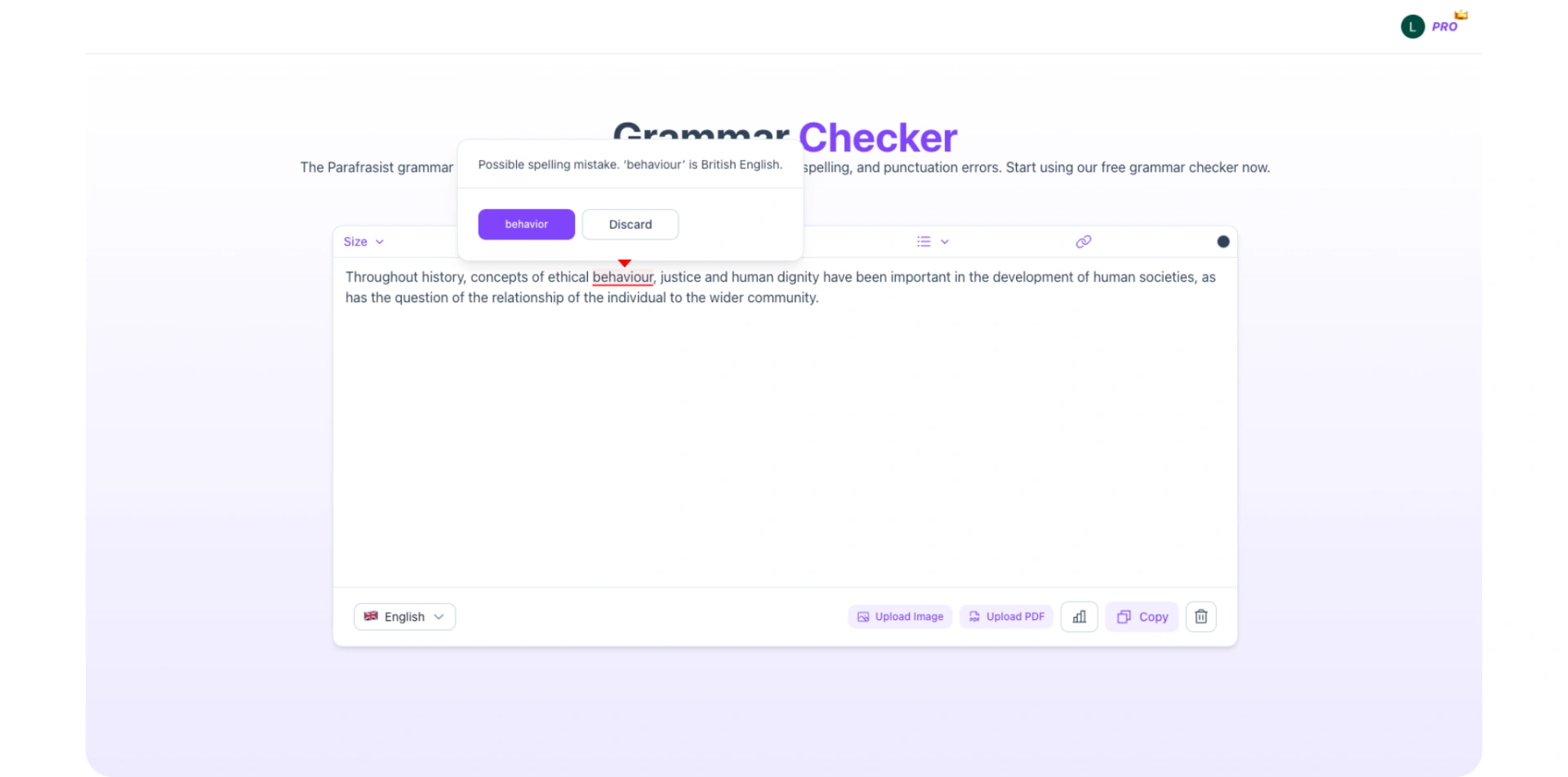Homophones | Homophone Words: What They Are and Examples
Victoria | Equipo de redacción
September 2, 2025

Homophone words are one of the quirks of the Spanish language. They are words that sound identical but have completely different spelling and meanings.
Even though they may seem like just a simple wordplay, homophones often cause confusion in both writing and reading comprehension. It’s not the same to write bello (beautiful) as vello (body hair); and this is where context changes everything.
Don’t worry if you still struggle to fully understand these words. In this blog, we’ll explore what they are, how they differ from homographs (yep, another tricky category of words), and we’ll also give you examples and sentences with their usage. The idea is that, by the end, you’ll have a clearer understanding and won’t confuse them again.

Homophones… What Are They?
Homophone words are those that sound the same but mean completely different things and usually have different spelling. This also means they can belong to different grammatical categories (adjectives, nouns, verbs, etc.).
Homophony is super common not only in Spanish, but also in many other languages, and sometimes this makes learning them a bit harder. Even native Spanish speakers get confused with them—imagine how tricky it must be for someone just starting to learn the language!
There’s no “official” classification of homophones, but they tend to appear more frequently with certain letters. Here’s how they are usually grouped:
With “b” and “v”
Bello (Es un rostro muy bello / It’s a very beautiful face)
Vello (Le quitaron el vello de la pierna / They removed the hair from his leg)
Botar (Aprendió a botar la pelota / He learned to bounce the ball)
Votar (¿Irás a votar el domingo? / Will you go vote on Sunday?)
With “ll” and “y”
Halla (Él se halla dentro / He finds himself inside)
Haya (Ojalá haya dinero en el banco / Hopefully there is money in the bank)
Callado (Es un tipo muy callado / He’s a very quiet guy)
Cayado (El pastor sostuvo un cayado / The shepherd held a staff)
With “h” and without “h”
Hasta (No puedes irte hasta que termines / You can’t leave until you finish)
Asta (La bandera estaba en el asta / The flag was on the pole)
Honda (La alberca estaba muy honda / The pool was very deep)
Onda (Las ondas de su cabello / The waves in her hair)
With diacritical accents (tilde diacrítica)
Sí / Si (Yes / If)
Qué / Que (What / That)
Dónde / Donde (Where [interrogative] / Where [relative])
Más / Mas (More / But)
Examples of Homophones
Need more examples to get it 100%? No worries! Here are not only pairs of homophones, but also short explanations of each:
Baca / Vaca → (car roof rack / cow).
Bello / Vello → (beautiful / body hair).
Botar / Votar → (to throw away / to vote).
Grabar / Gravar → (to record / to tax).
Cabo / Cavo → (cape, rank / I dig).
Sabia / Savia → (wise woman / sap).
Haya / Halla → (form of “haber” or beech tree / to find).
Halla / Aya → (to find / nanny).
Hato / Ato → (herd / I tie).
Hasta / Asta → (until / flagpole).
Honda / Onda → (deep / wave).
Ola / Hola → (wave / hello).
Ojear / Hojear → (to glance at / to leaf through).
Callado / Cayado → (silent / shepherd’s staff).
Vaya / Valla → (go / fence).
Rallar / Rayar → (to grate / to scratch).
Coser / Cocer → (to sew / to cook).
Aun / Aún → (even / still).
El / Él → (the / he).
Té / Te → (tea / you).
Sentences with Homophones
The cow grazed peacefully while they loaded the suitcase onto the car’s roof rack.
María is very beautiful and has a lot of hair on her arms.
They had to throw away the garbage before going to vote.
The musician wanted to record his song, but the government decided to tax record sales.
The army corporal asked the soldier to dig a hole.
She is a very wise woman and explained how the tree’s sap flows.
Hopefully the issue has been solved and Pedro can find peace.
The boy was found by his nanny, who always finds him in the same room.
The shepherd counted his herd while trying to tie the rope.
The flag pole broke right up to the middle.
The pool is very deep, but a strange wave appeared on the surface.
When I arrived, I said hello, and a huge wave crashed against the rocks.
He could only glance at the book before starting to leaf through it.
The young man stayed silent, leaning on his staff.
What a surprise! I found a huge fence in the way.
I need to grate the cheese before I scratch the notebook.
My grandma taught me how to sew dresses and also how to cook beans.
Even the strongest feel fear, but I still haven’t overcome it.
The dog barked when it saw that he was coming.
I prefer to drink green tea before you leave.

Homophones vs. Homographs
Before you think you’ve mastered this, there’s another tricky classification: homographs.
Homophones: Sound the same but are spelled differently.
Homographs: Sound the same and are spelled the same, but mean different things.
Quick examples of homographs:
Coma → (medical state / verb “to eat”).
She was in a coma after the accident.
Eat a little, you look undernourished.
Llama → (animal / flame).
The llama is a domesticated mammal.
The flame on the grill is very strong.
Sal → (salt / verb “to go out”).
Add some salt, it’s too bland.
Go out and play with your friends.
Casa → (marriage / house).
She said that if she marries him, she’ll be the happiest.
My house is big and cozy.
Homophone words are a reminder of how diverse and complex Spanish really is. When in doubt about writing baca or vaca, just look at the context! And if you still feel unsure, try running your text through a spell checker to strengthen and improve your grammar.
